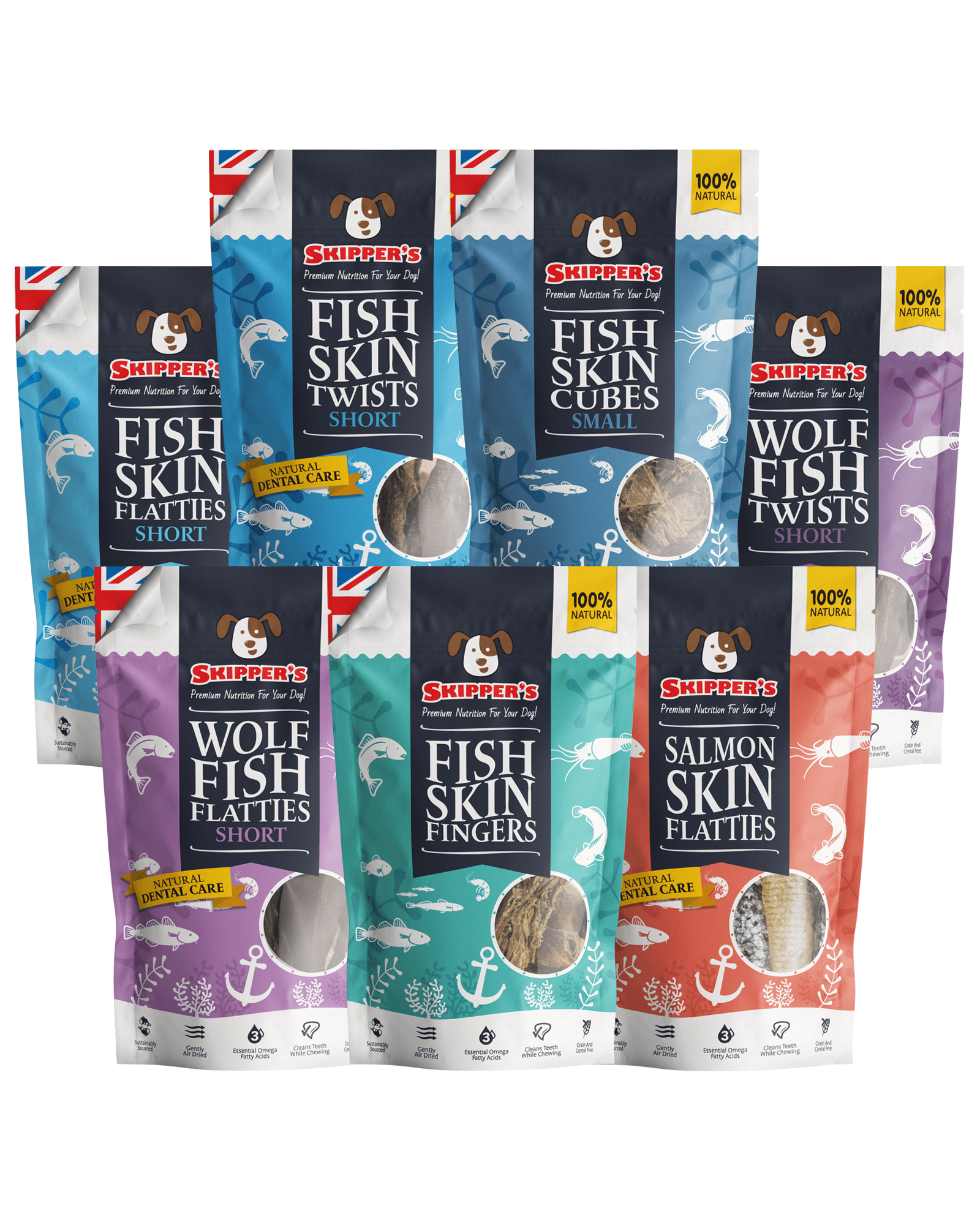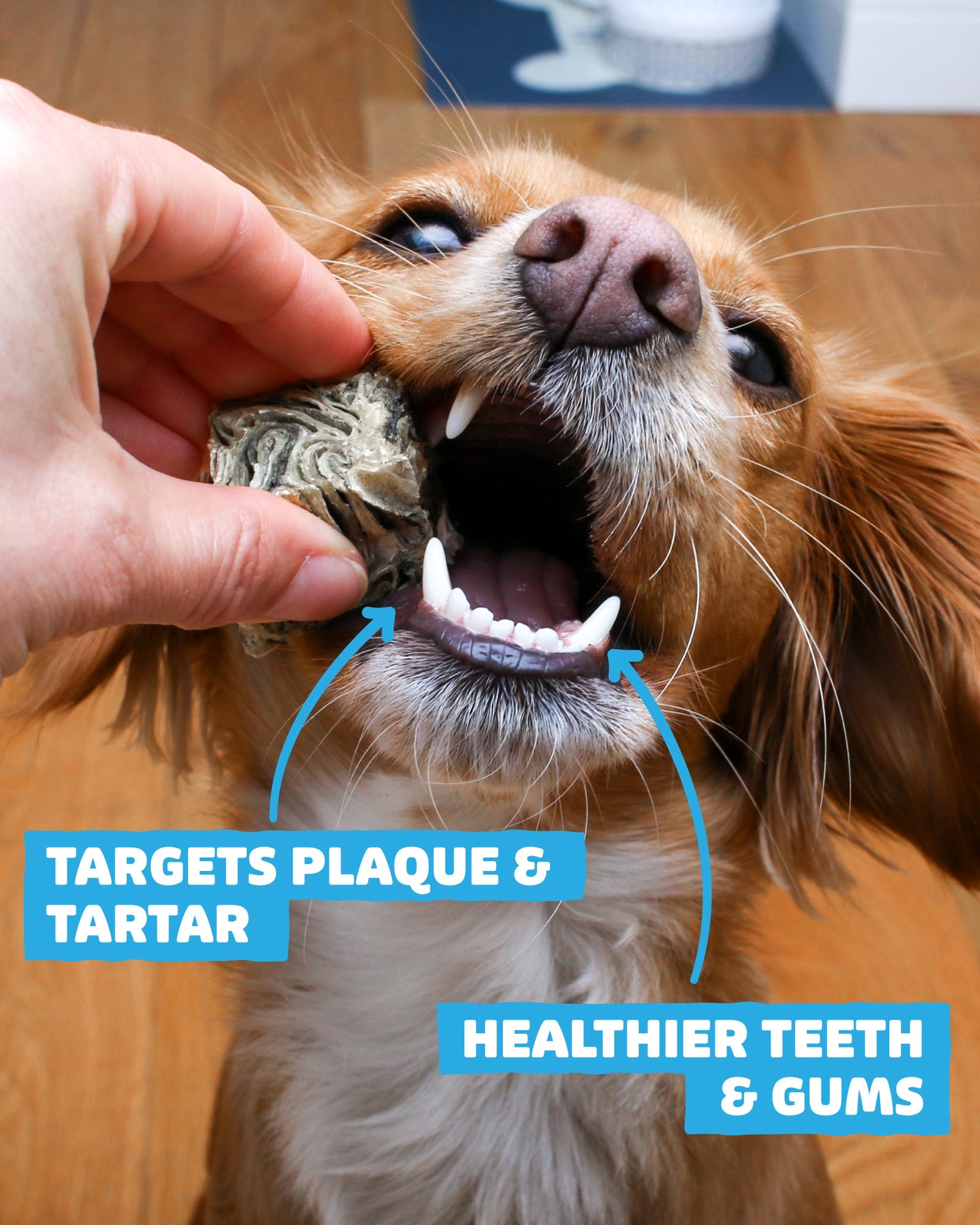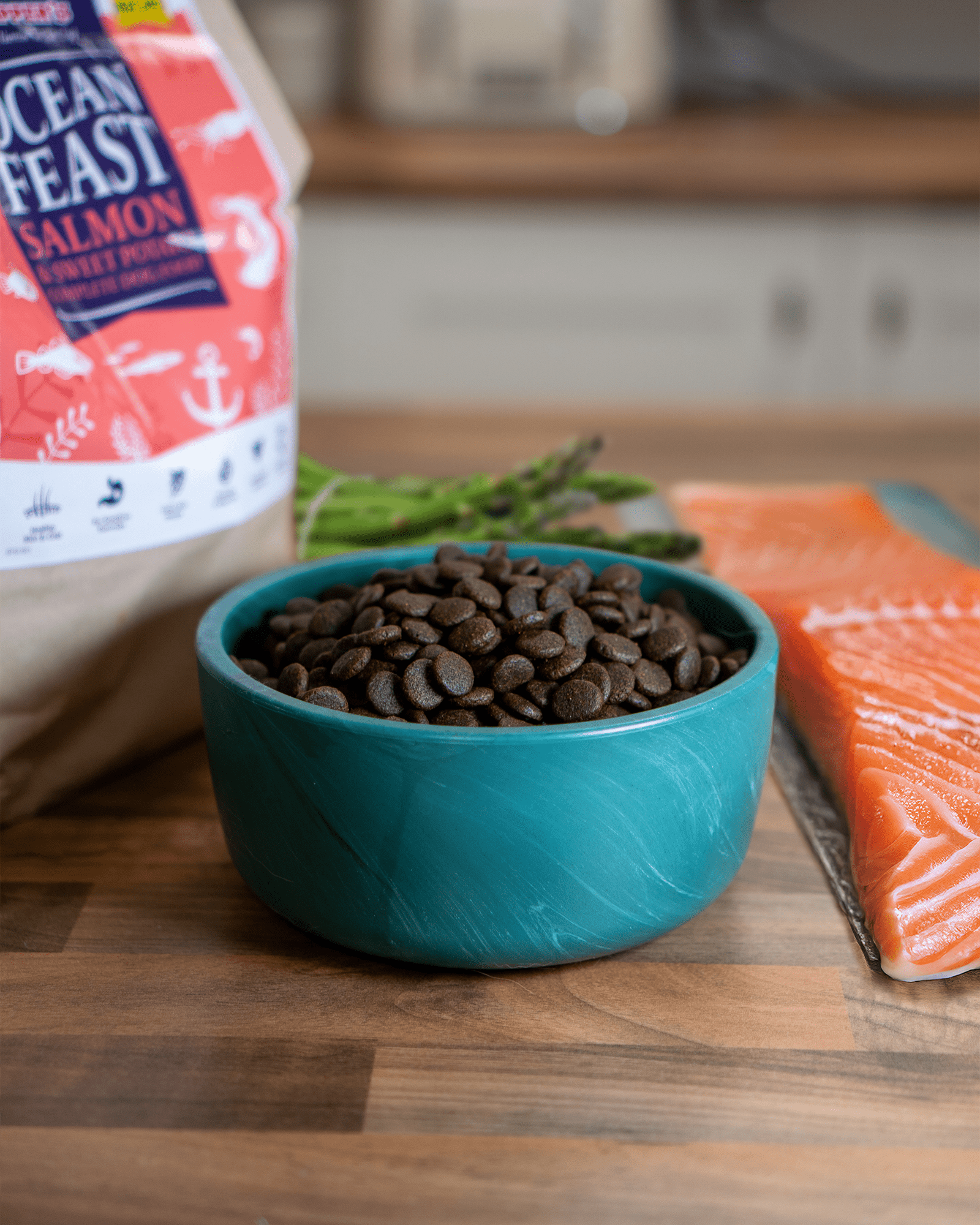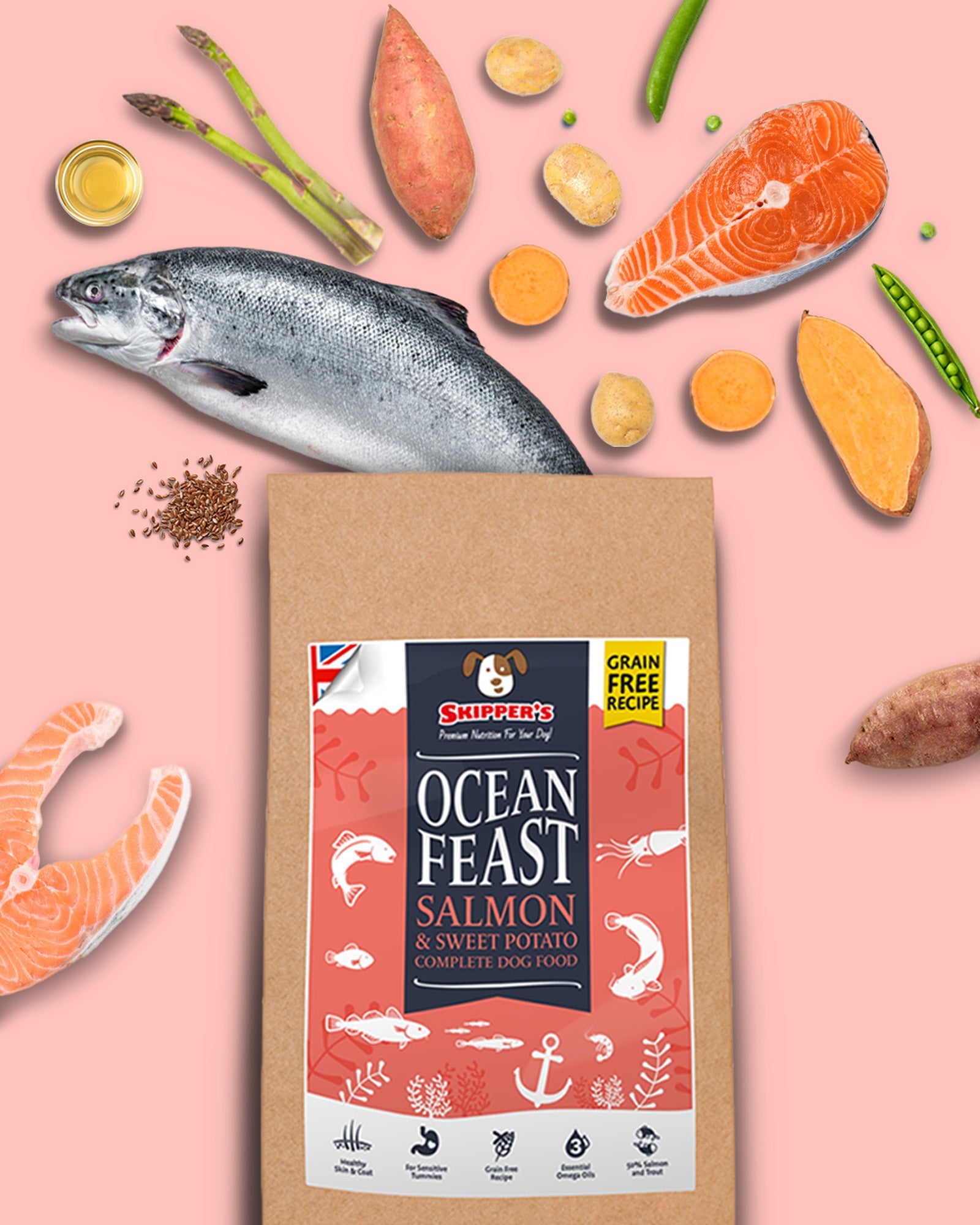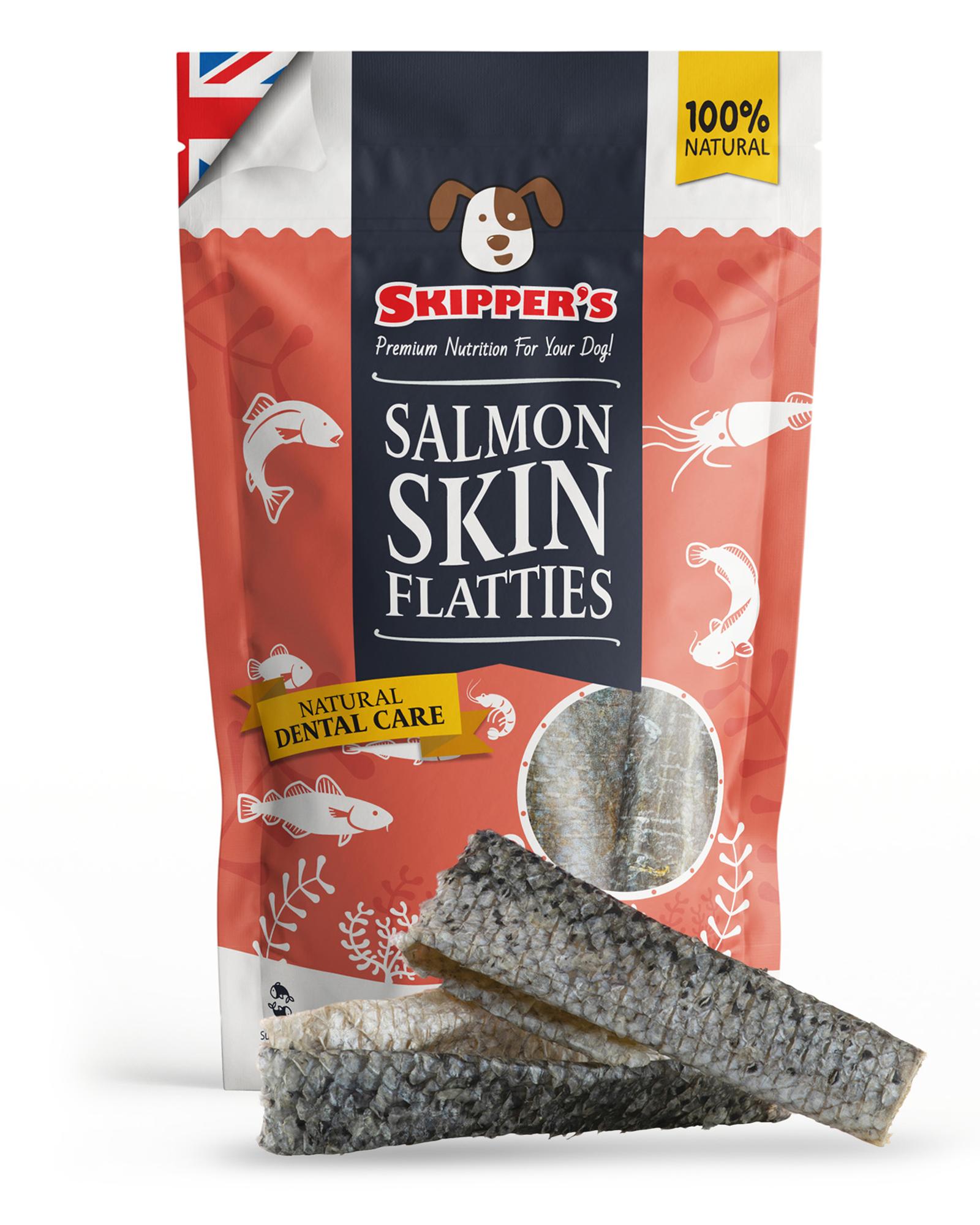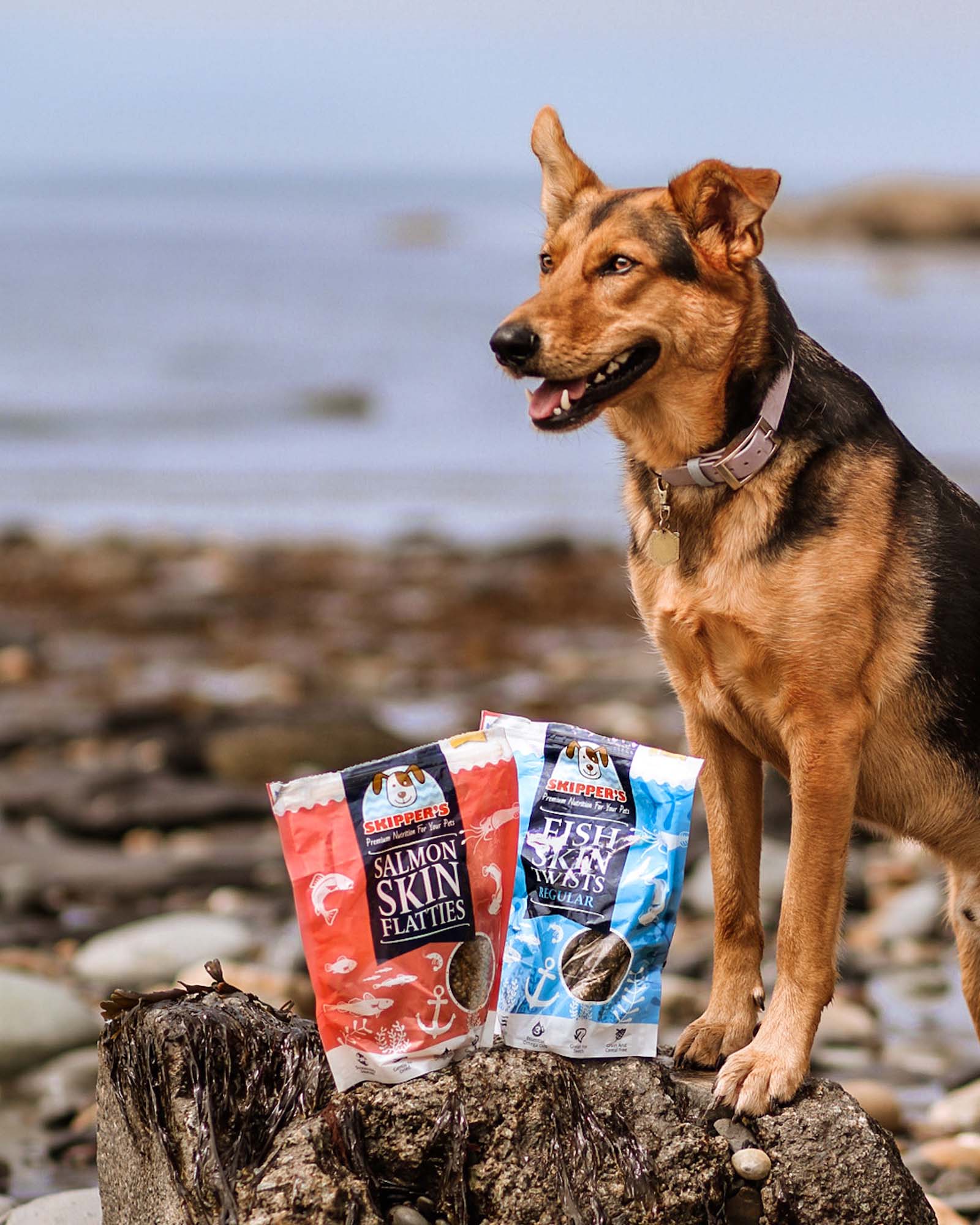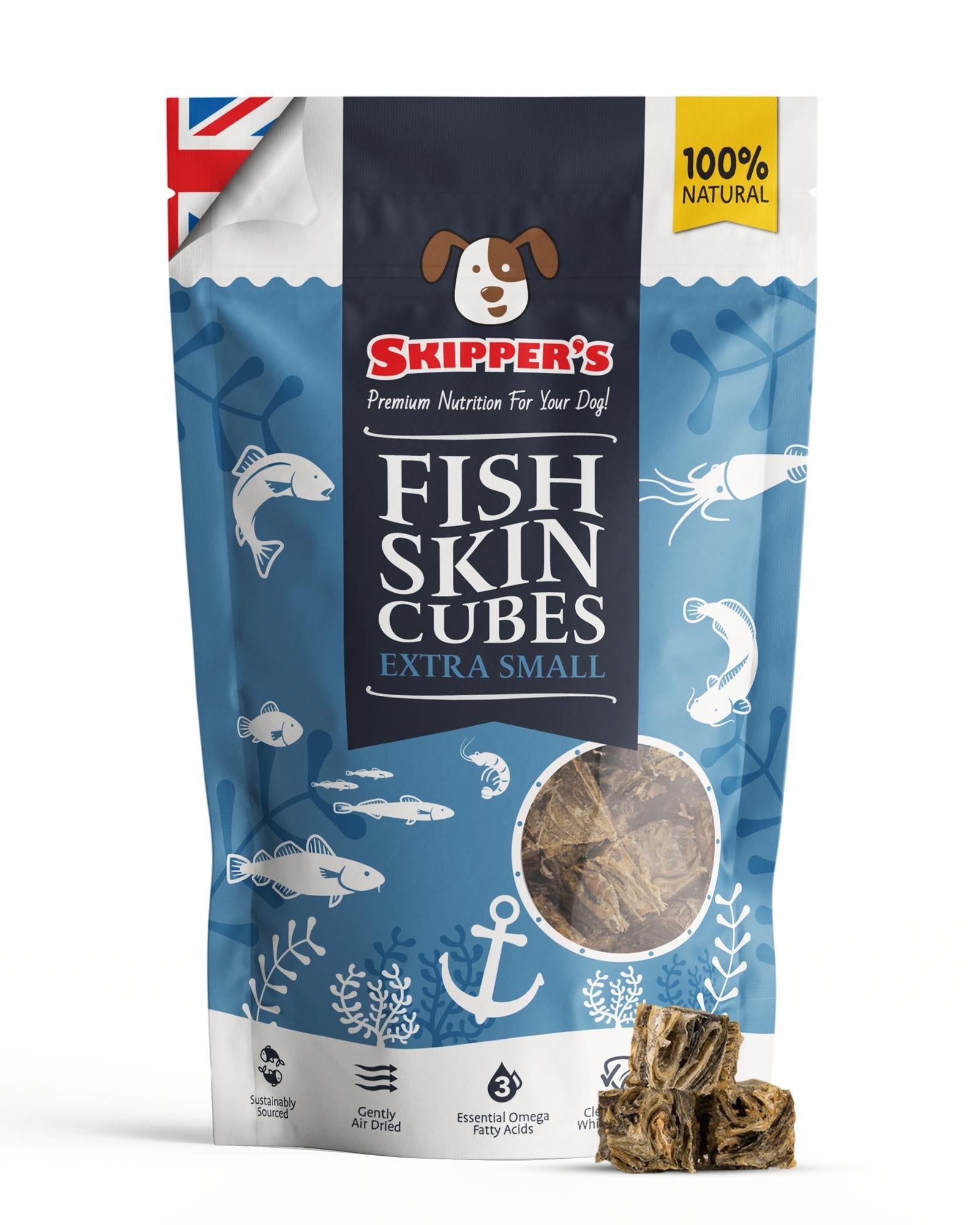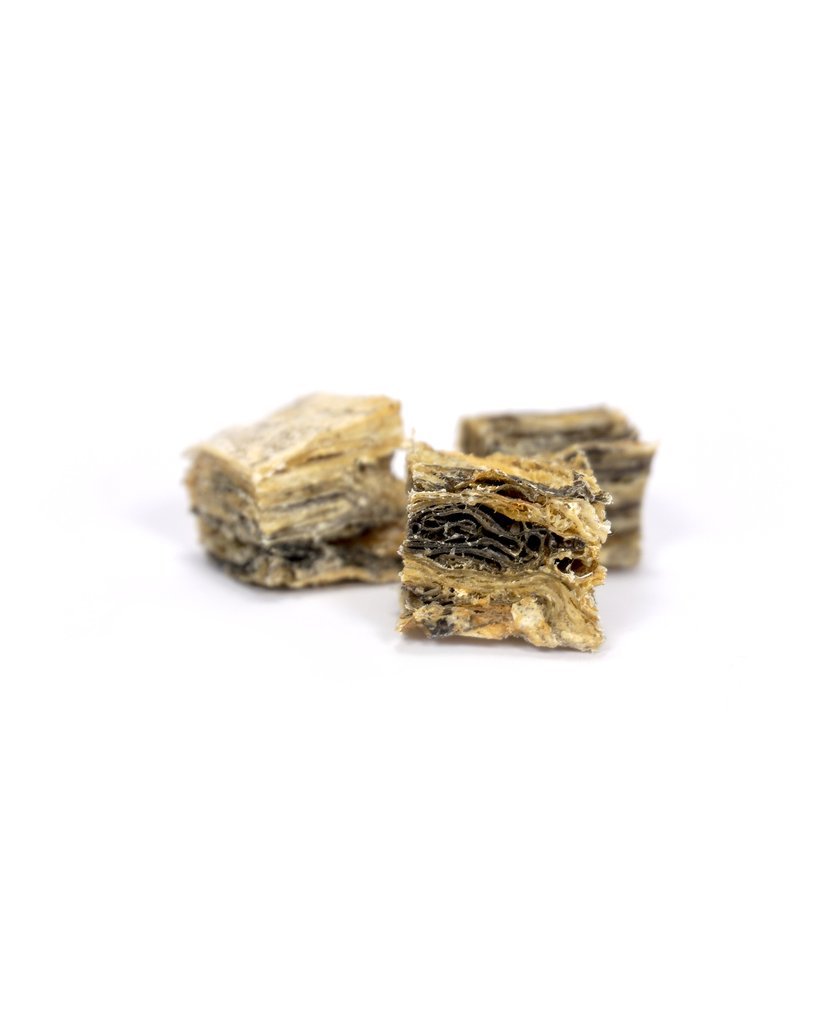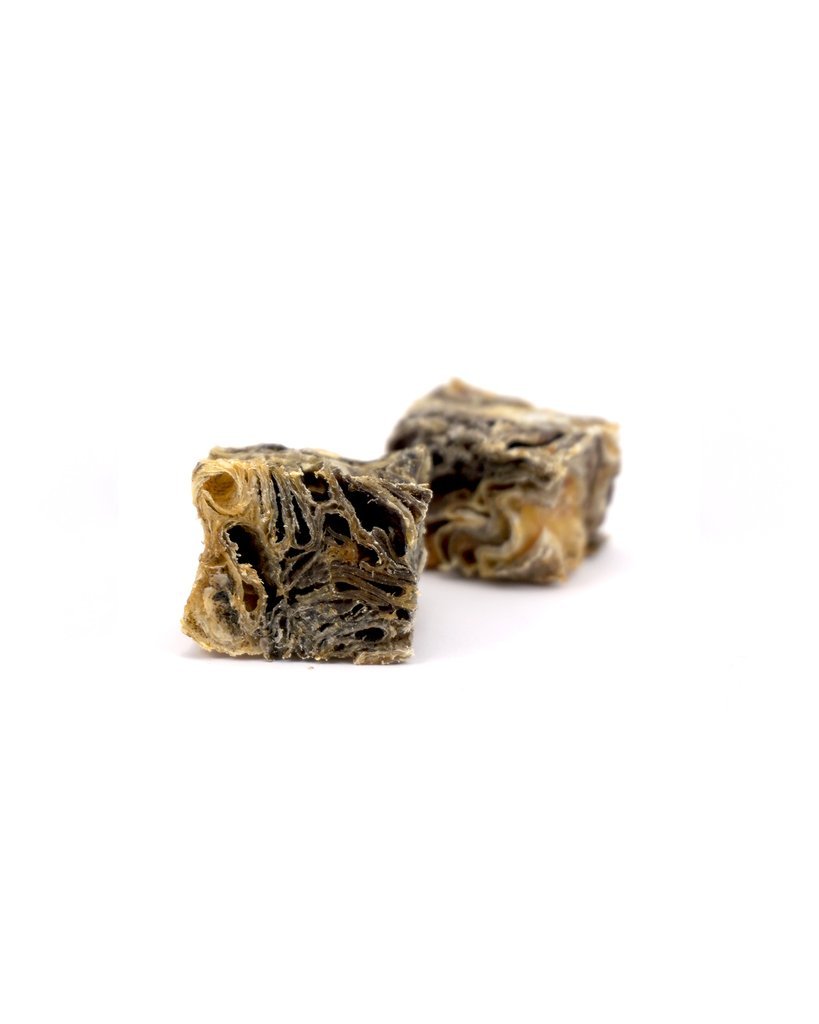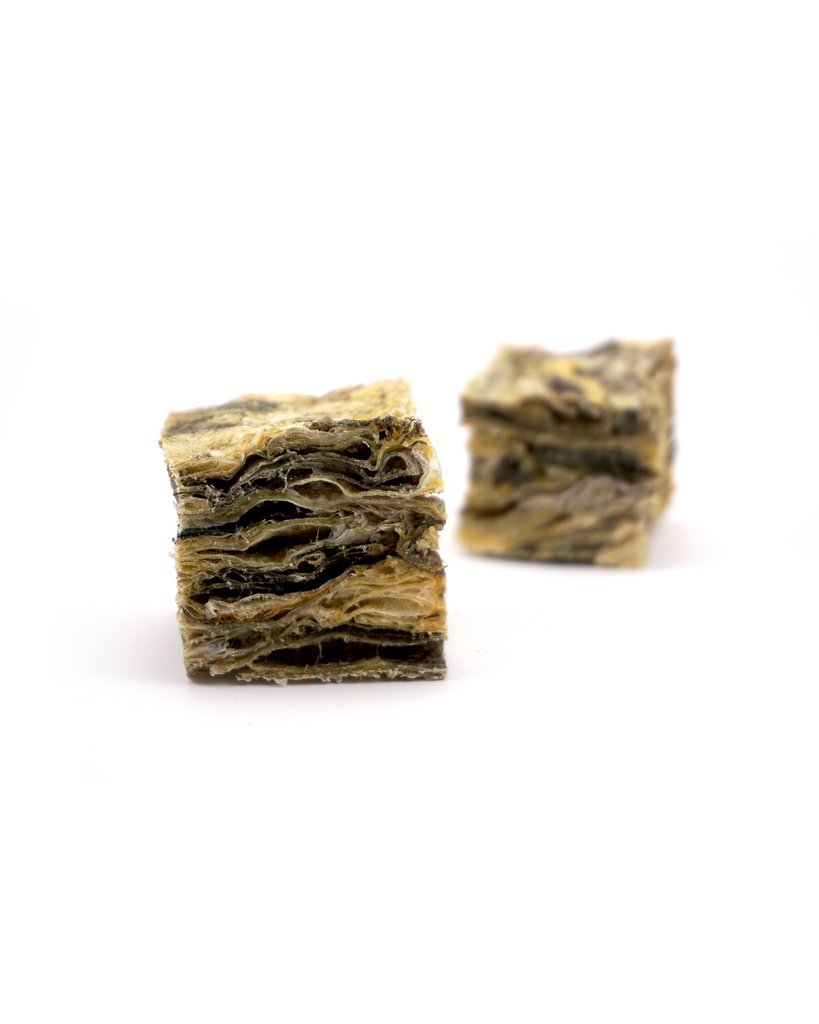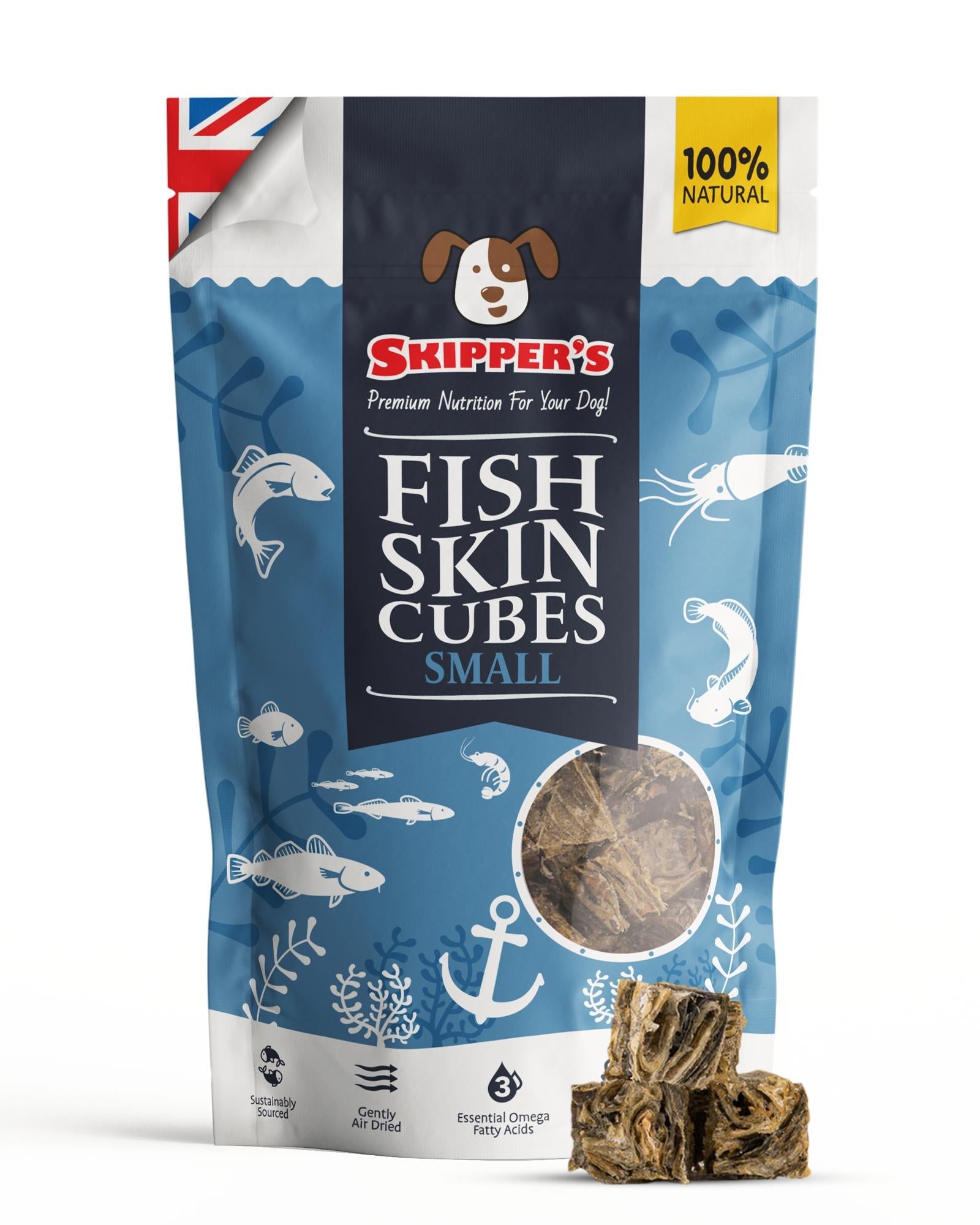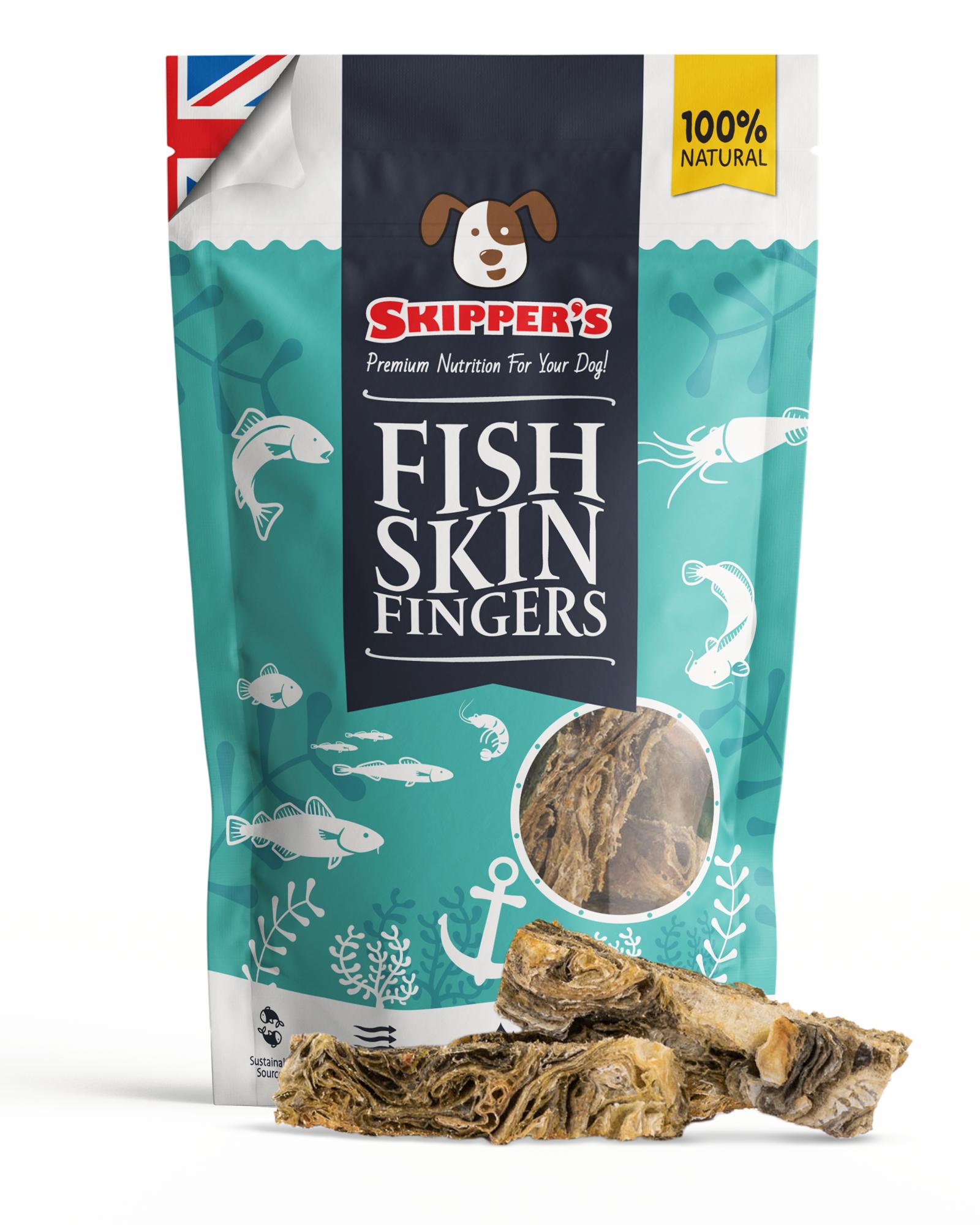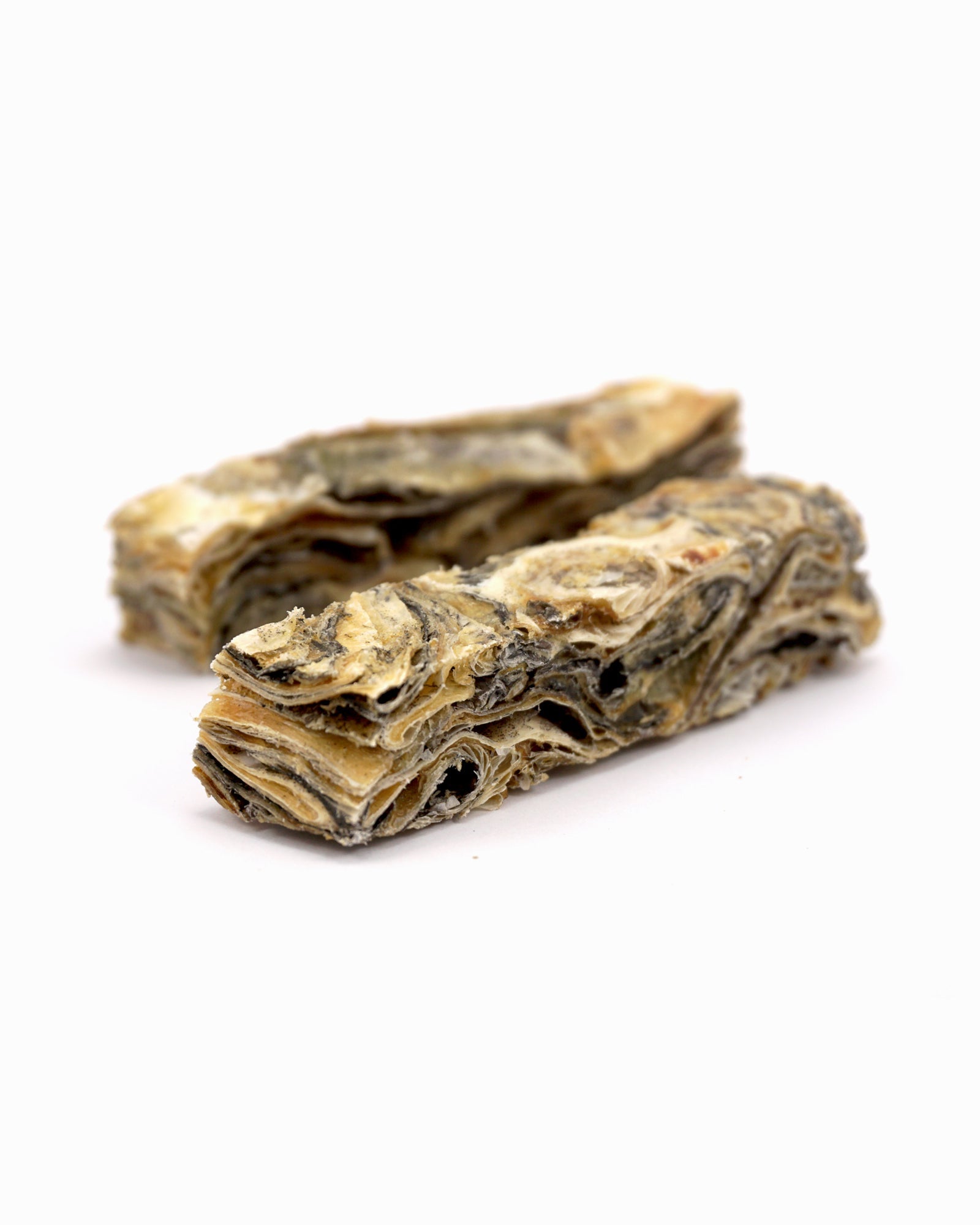Training your dog effectively often comes down to using the right rewards. A common dilemma for dog owners is choosing between soft and crunchy treats for training. By understanding the benefits and differences between these two types of treats, you can make an informed decision about which is best for your dog.
Are soft or crunchy training treats better for dogs?
Choosing between soft and crunchy training treats for dogs can be challenging. Each type offers unique advantages based on your dog's preferences, age, and dental health. Soft training treats are often favoured because they are easy for dogs to consume, making them ideal for quick rewards. On the other hand, crunchy training treats are perfect for dogs who enjoy a bit of a challenge and can also promote dental health by reducing plaque buildup.
The size of your dog can also have a big impact, as an average small biscuit may be consumed instantly by a larger breed or may take a small breed a few seconds to finish. Similarly, how your dog eats can influence whether a soft or crunchy treat is best for your dog.
Neither type of treat is inherently better; it ultimately depends on your dog's individual preferences and needs. Some dogs may prefer the texture and taste of soft treats, whilst others might enjoy the satisfying crunch of harder treats. It's important to observe your dog's reaction to both types and choose the one that best motivates them during training sessions.
Additionally, consider using a combination of both soft and crunchy treats to keep training interesting and cater to different training scenarios. For example, soft treats can be used for quick rewards during rapid training exercises, whilst crunchy treats can be given for more substantial rewards or to promote dental health.
Ultimately, the best training treat is the one that your dog finds most rewarding and enjoyable, ensuring effective and positive training experiences.
What are soft training treats for dogs?
Soft training treats for dogs are typically moist, chewy, and easy to break into smaller pieces. These treats are designed to be highly palatable and quick to eat, making them ideal for training sessions where maintaining your dog’s focus is crucial. Popular soft training treats often contain high-value ingredients like meat, fish, liver, or cheese, ensuring your dog stays motivated and engaged for the entirety of the training session.
Benefits of soft dog treats
Soft dog treats offer numerous advantages, especially when used for training. Here are some key benefits:

Easy to eat
Soft dog treats are easy for dogs to chew and swallow, making them ideal for training sessions. Their moist, chewy texture allows for quick consumption, helping to maintain the flow of training to stop your dog from getting distracted. This makes them perfect for rapid rewards during complex training exercises.
Easy to break into smaller pieces
One of the advantages of soft dog treats is their flexibility and ease of portioning. These treats can be easily broken into smaller pieces, making them perfect for extended training sessions where frequent rewards are necessary. This allows you to control the portion size and manage your dog’s weight and calorie intake whilst providing plenty of motivation and positive reinforcement.
Great for puppies and older dogs
Soft dog treats are particularly beneficial for puppies, senior dogs, and dogs with dental issues or missing teeth. Puppies with developing teeth and senior dogs with dental problems often find it easier to chew soft treats. The gentle texture of these treats ensures they can enjoy their rewards without discomfort, making training more enjoyable and effective for dogs of all ages.
Best soft training treats for dogs
When selecting the best soft training treats for your furry friend, it’s essential to consider several factors to ensure they are both nutritious and delicious. Here are some key points to keep in mind:
Low in calories
Opt for treats that are low in calories to prevent overfeeding during training sessions. However, make sure they are still packed with flavour to keep your dog motivated and engaged.
Natural ingredients
Look for treats made with natural, high-quality ingredients. Avoid those with artificial additives, preservatives, or fillers that may be harmful to your dog's health.
Here are our top picks for soft training treats for dogs!
Whitefish & Herb Slices |
Pork with Apple Sausages |
Whitefish & Herb Sausages |

|

|

|
What are crunchy training treats for dogs?
Crunchy training treats for dogs are snacks with a firm and crispy texture, designed to provide dogs with a satisfying crunch during training sessions. These treats are typically made with wholesome ingredients such as grains, meats, and vegetables, offering both nutritional value and enjoyment for dogs. The crunchy texture of these treats can help promote dental health by reducing plaque buildup and strengthening jaw muscles. Additionally, their satisfying crunch can make them highly rewarding for your dog, motivating them to perform desired behaviours during training. By incorporating crunchy training treats into your training regimen, you can enhance your dog's overall training experience whilst promoting their dental health.
Benefits of crunchy dog treats
Crunchy dog treats offer several benefits that make them an excellent choice for training and rewarding your dog. Here are some key advantages:

Dental health
Crunchy dog treats can help to clean your dog's teeth. The firm texture of these treats helps to scrape away plaque and tartar buildup on your dog's teeth as they chew. Additionally, crunchy treats with a rough surface texture are more beneficial as they are more effective at reducing plaque and tartar buildup on your dog's teeth. As your dog chews these treats, this mechanical action can help reduce the risk of dental diseases and keep your dog's teeth and gums healthy.
Mental stimulation
Crunchy dog treats can provide mental stimulation during training sessions. The act of chewing a firm, crunchy treat requires more effort and concentration from your dog, which can help keep them mentally engaged. This added challenge can make training sessions more interesting and rewarding for your dog, enhancing their focus and cooperation.
Best crunchy training treats for dogs
When selecting the best crunchy training treats for your dog, it’s important to consider treats that are not only tasty but also nutritious and beneficial for your dog’s overall health. Our experts recommend opting for more natural dog treats. The fewer ingredients, the better! Here are some top recommendations from our experts:
Fish Training Treats |
Luxury Whitefish Cubes |
Salmon Skin Cubes |

|

|

|



